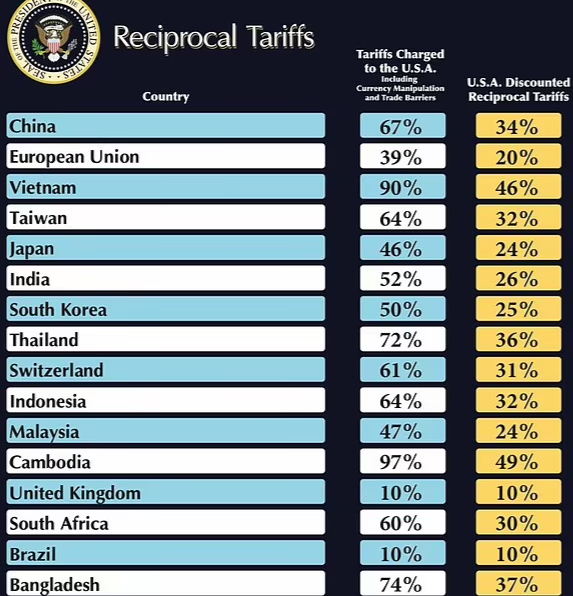House Speaker Mike Johnson has expressed his commitment to advancing aid to Ukraine, but it is acknowledged to be a challenging task. There are internal political dynamics at play, with some members of Congress opposing the aid and even threatening Johnson’s position as Speaker.

The situation is complex, and while Johnson’s intentions seem clear, the outcome will depend on various factors, including negotiations within Congress and the evolving geopolitical landscape.
The opposition to aid for Ukraine in Congress involves several factors and negotiations. Here are some key points:
- Opposing Members of Congress:
- Republicans: Some Republican members of Congress have been hesitant about providing aid to Ukraine. For instance, 69 House Republicans voted against the Ukraine Military Aid package1.
- Internal Dynamics: The situation is complex, with internal political dynamics at play. Some members may have reservations due to various reasons, including geopolitical considerations and partisan disagreements.
- Factors Affecting Aid:
- Russia’s Invasion: The urgency of the situation arises from Russia’s invasion of Ukraine. The ongoing war of aggression has prompted increased aid efforts.
- Humanitarian Crisis: The conflict has led to a humanitarian crisis, necessitating aid for vulnerable populations in Ukraine.
- Global Instability: The COVID-19 pandemic and Russia’s actions have aggravated global instability, prompting additional resources to support Ukraine2.
- Refugee Costs: Aid has surged due to spending on processing and hosting refugees within donor countries2.
- Military Assistance: Aid includes military support, such as weapons systems, training, and intelligence, to help Ukraine defend against Russian aggression3.
- Negotiations and Challenges:
- Congressional Delays: Negotiations over border security and immigration policy changes have delayed the aid package. The shape of the aid and the path to passing it remain uncertain4.
- Partisan Logjam: Political divisions have hindered swift action. House Speaker Mike Johnson’s position is at stake, and negotiations involve finding common ground among Democrats and Republicans4.
- Legislative Vehicles: Various options exist for passing aid, including bringing the Senate-passed supplemental to a vote, crafting a new supplemental package, or using discharge petitions4.
- Time Constraints: The timeline for passing aid depends on negotiations and coordination within Congress. The earliest optimistic passage could be mid to late April4.
In summary, the opposition, factors, and negotiations surrounding Ukraine aid are multifaceted, reflecting both geopolitical complexities and domestic political considerations.56
To amplify information:



